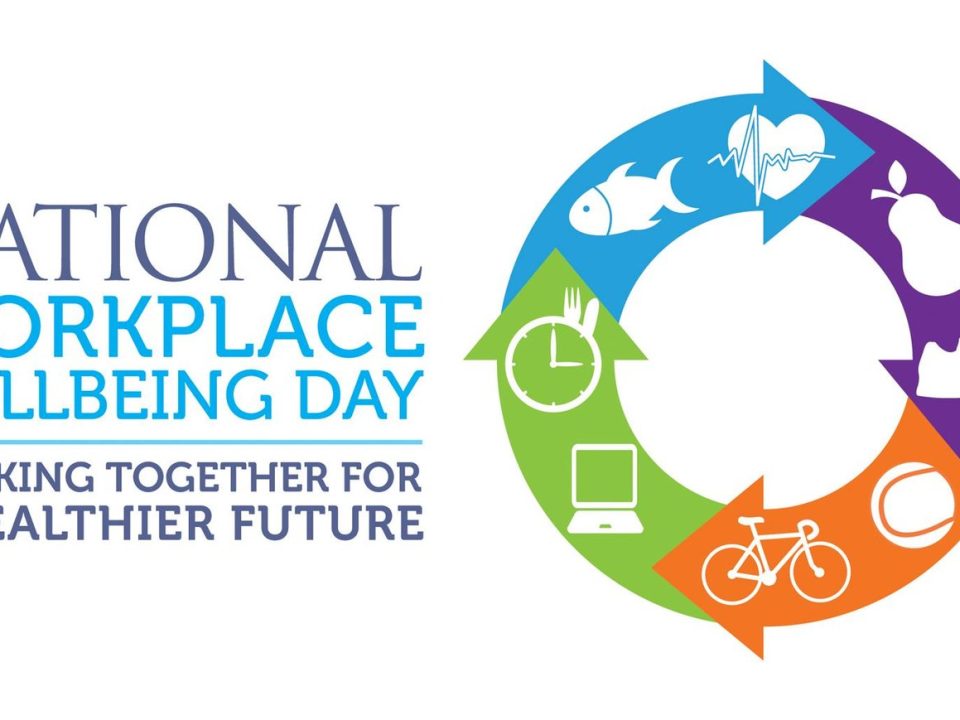Even if you don’t drink, you may still have liver disease
November 12, 2017Show your liver some love this festive season
December 6, 2017We spend a good deal of our life asleep – but what if you can’t?
Sleep is essential for repair processes to take place. This includes calming the immune system and clearing toxins from your  brain. Research has proven that poor sleep increases levels of proteins associated with Alzheimer’s disease in the brain. Hormones that control your metabolism and weight are also governed by a cycle with sleep hormones such as melatonin.
brain. Research has proven that poor sleep increases levels of proteins associated with Alzheimer’s disease in the brain. Hormones that control your metabolism and weight are also governed by a cycle with sleep hormones such as melatonin.
Common sleep problems
Do you ever feel wide awake when you are supposed to be going to sleep, or find it difficult to drag yourself out of bed in the morning? Perhaps you consider yourself a ‘night owl’ but not a ‘morning person’. Your natural circadian rhythm may be out of sync and the hormone that is meant to wake you up in the morning is instead high at night. Establishing a good eating routine is essential, particularly if you do not feel like eating in the morning. Having something very small like a couple of spoons of yoghurt or a handful of nuts helps to tell your body that it is indeed morning and it needs to start the engine running. In the evening, it is important not to ‘push through’ and end up tired but wired. Avoiding stimulants such as alcohol and caffeine is critical, as is eating late at night.
A second very common pattern we see is an ability to fall asleep only to wake sometime between 2-4am and feel *wide* awake. This is a sign that your stress hormone may be peaking at the wrong time of day. If you are under a lot of stress, this may be coupled with an adrenalin release and you may wake with palpitations, a hot flush or a feeling of breathlessness. Again, it is essential to establish a regular eating pattern to reduce the physical stress of low blood sugar on the body during the day. Certain supplements like magnesium, also called ‘Nature’s Tranquiliser’ can be very helpful before bed. L-theanine is an amino acid which promotes relaxation and is found in milk which might be the reason why a cup of warm milk can be helpful.
Tips from a sleep expert
Aisling Killoran, certified hypnotherapist and psychotherapist with ‘Accomplish Change’ knows that sleep has a major effect on us. “Emotionally we may experience an overload of negative behaviours such as anger, poor motor control, increased stress levels and decreased tolerance to stress. Lack of sleep impairs our cognitive abilities, our attention span becomes limited and ineffective along with our memory and executive functions. Physically, it can dampen the immune system or even promote inflammation.”
Aisling shares her top tips for getting a good night’s sleep
- Get up on a regular basis for at least 3 weeks 20 – 30 minutes earlier than normal waking time. Clinical research has demonstrated that this is the most effective strategy for curing insomnia and will reset your sleep cycle.
- Follow a consistent, calming bedtime routine
- To maximise sleep, make your room quiet, fully dark, ventilated and a comfortable temperature
- Begin to wind down in extraneous activity about 2 hours before you go to sleep
- Avoid caffeine, alcohol and spicy foods 4-6 hours before bedtime
- Drink hot milk or a warm cup of chamomile tea 30 minutes before bed. Chamomile is widely regarded as a mild tranquilizer and sleep-inducer.
- Go to bed when you feel sleepy, do not watch the clock!
- Eliminate as much light as possible – Ditch the mobile from the bedroom
- Get into your favourite sleeping position. If you don’t fall asleep within 15-30 minutes, get up, go into another room, and read until sleepy
- Get out into the daylight during the day as much as possible, even in Winter
- Exercise at least 3 times a week for a minimum of 20 minutes.
Want something you can start tonight?
Use this relaxation technique when you are feeling restless:
Breathe in and out slowly & deeply for a couple of minutes. Breathe in and tense your feet, relaxing them as you breathe out. Do the same with your calf muscles, then your thighs; abdomen and so on until you reach your head and every part of your body has been separately relaxed. Let your weight sink in to the bed.
For more information:
If you would like to find out more about nutritional support for stress and sleep issues, call us on 01-4020777 or email info@glenvillenutrition.ie. For further information on sleep skills and helpful audios to support rest, recovery and relaxation, visit accomplishchange.ie


